
10 foods to help fight fatty liver: Nutritionists recommend eating them every day!

According to nutrition experts, fatty liver disease does not simply result from consuming too much fat, but is also closely linked to an unbalanced diet, lack of sleep, insufficient physical activity, prolonged stress, and oxidative stress in the body.
Therefore, in order to address visceral fat, alongside maintaining a healthy lifestyle, it is particularly important to pay close attention to daily dietary choices to achieve the desired results.
Worryingly, most people with fatty liver disease show no obvious symptoms. Nearly 80% of cases are discovered incidentally during routine health checkups. A small number of people may experience vague digestive symptoms such as heaviness in the upper abdomen, dull pain, loss of appetite, fatigue, bloating, nausea, or mild discomfort. Others may suffer from an enlarged liver or impaired liver function.
Experts point out that the primary causes of fat accumulation in the liver come from irregular eating habits, lack of exercise, poor sleep, and chronic stress—factors that weaken the body’s natural antioxidant defenses.
To gradually control fatty liver disease, you need to do three things simultaneously: maintain a balanced diet, manage your weight, and increase physical activity. In addition, specialists also recommend 10 foods that may help reduce liver fat and improve overall health.
1. Coffee – A familiar drink that supports liver health
Scientific studies show that regular coffee consumption may help reduce levels of liver enzymes—an indicator of liver damage. Controlled enzyme levels significantly lower the risk of fatty liver progression. Coffee is also rich in antioxidants like caffeine and polyphenols, which prevent oxidative cell damage and help protect liver function. Some research even suggests that coffee improves fat and carbohydrate metabolism, promotes fat burning, and reduces fat storage in the body.
Recommended intake: Limit coffee to no more than 2 large cups of Americano (about 480ml each) per day. Excessive caffeine may cause dizziness, anxiety, or insomnia. Adults are generally advised not to exceed 300–400mg of caffeine daily, depending on individual tolerance.
2. Leafy greens – Nutrient powerhouses that protect the liver
Green vegetables such as spinach, cabbage, and broccoli are high in fiber, vitamins, and minerals. Fiber promotes satiety, regulates blood sugar, reduces cholesterol, and supports weight control—all key factors in preventing fat buildup in the liver. They also provide antioxidants like vitamin C, vitamin A, and polyphenols, which protect liver cells from free radical damage. Other nutrients such as vitamin K, B vitamins, iron, magnesium, and calcium further support normal liver function.
Cooking tip: Avoid overcooking vegetables, as it depletes nutrients. Instead, use light cooking methods like quick stir-frying or steaming with minimal water.
3. Legumes – A healthy alternative to meat
Legumes such as soybeans, chickpeas, and lentils are excellent plant-based protein sources. They contain resistant starch and beneficial phytochemicals that aid in weight loss, lower blood lipids, and reduce fat accumulation in the liver. Compared to meat, legumes are lower in saturated fat but higher in fiber and potassium, making them especially suitable for individuals with heart or blood pressure concerns.
How to use: 20g of dried beans or 50g of fresh beans (e.g., edamame) provide the same protein as 30g of meat. Include them in tofu dishes, soy milk, or plant-based meals. Choose unsweetened products to avoid unnecessary calories—for example, plain soy milk or sugar-free tofu pudding.
4. Fish – A golden source of nutrients for the liver
Fish, especially fatty fish, are rich in omega-3 fatty acids, which have powerful anti-inflammatory properties. These help reduce liver inflammation and prevent fat accumulation. Omega-3s also raise “good” cholesterol (HDL), lower “bad” cholesterol (LDL), and reduce triglycerides, contributing to the prevention and management of fatty liver disease.
Note: Compared with red meat or poultry, fish is easier to digest. To reduce risks of heavy metals, choose low-mercury fish such as mackerel, cod, or grouper. Aim to eat fish or seafood at least twice a week.
5. Oats – An ideal breakfast choice
Whole oats are high in soluble fiber, which supports digestion, cholesterol management, and blood sugar control—key factors in reducing visceral fat and protecting the liver. They also contain antioxidants such as vitamin E, which neutralize free radicals and slow cell damage.
How to enjoy: Mix oats with hot water, milk, soy milk, or coffee, or use them instead of rice or bread for breakfast. Adding oats to white rice when cooking is another way to boost fiber and support weight control.
6. Nuts – Small but mighty
Nuts such as almonds, walnuts, and cashews provide monounsaturated fats that are heart-healthy and beneficial for the liver. They are also rich in vitamin E and other antioxidants, which slow cellular aging and support liver function.
Tip: Consume about 20g of nuts daily for best results. Eating them post-workout can also aid recovery and muscle development.
7. Turmeric – A natural anti-inflammatory warrior
Curcumin, the active compound in turmeric, is a strong antioxidant that neutralizes free radicals, improves circulation, and helps lower liver enzymes. Studies also suggest curcumin reduces cardiovascular risks and supports brain health.
How to use: Commonly used in curries or as turmeric powder in smoothies and juices. Powdered turmeric is versatile and easy to absorb.
8. Olive oil – The smart fat choice
Instead of avoiding fats altogether, incorporating healthy fats like olive oil can regulate blood lipids. Olive oil is rich in monounsaturated fats and low in saturated fats, improving fat metabolism and reducing liver fat accumulation.
Cooking method: Use olive oil for salads, light sautéing, or low-heat cooking. Avoid high-heat frying to preserve its polyphenols and nutrients.
9. Garlic – Boosts immunity and supports liver health
Garlic contains allicin and sulfur compounds with strong antioxidant properties that reduce liver damage and inflammation. Allicin also boosts the immune system and helps prevent cardiovascular and metabolic diseases.
How to maximize benefits: Chop or crush garlic and leave it exposed for a few minutes before cooking to activate allicin. Avoid overcooking to preserve its effectiveness. Add garlic to stir-fried noodles, chicken soup, or quick-fried dishes.
10. Wood ear mushrooms – Cleanse the gut and reduce fat
Black wood ear mushrooms are rich in fiber and polysaccharides, which cleanse the digestive tract, prevent constipation, and reduce fat absorption. Their soluble fiber also lowers bad cholesterol, promotes satiety, and supports weight control—important for managing fatty liver.
Creative use: Blend them into juice with pineapple, goji berries, or apples. This drink not only improves digestion but also provides long-lasting satiety, making it ideal for weight management and liver protection.
News in the same category


When buying luffa, should you choose dark green or light green ones? Even after years of going to the market, many people still don’t know this

Insert this into a lemon and place it in the corner of your house — mosquitoes will be gone for good

There is a "hidden switch" on the water heater that you can turn on and use for more than 10 years and it will still be durable.
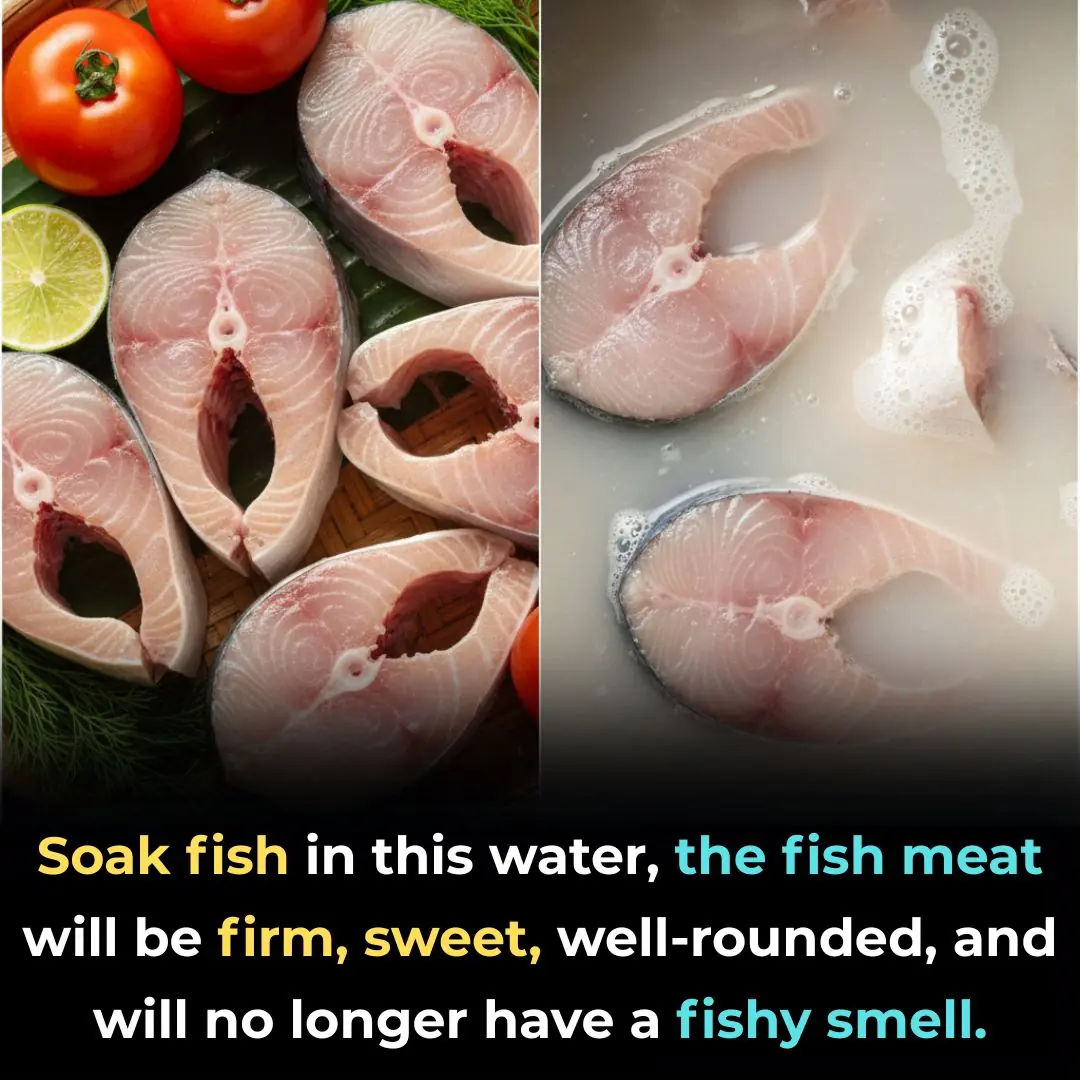
Soak fish in this water, the fish meat will be firm, sweet, well-rounded, and will no longer have a fishy smell

Misunderstandings turn water purifiers into disease hotbeds, get rid of them immediately or your whole family will be harmed

Mix banana peels with this and leave it in the corner of the house. After just 1 night, all the cockroaches will run away

This is why you should never leave a water bottle in your car.

Supermarket staff reveal: 6 things never buy in supermarkets even on big sale

7 types of food that won't spoil for a long time: It's still safe to eat after the expiration date, don't waste it

What is Black Vinegar? Nutritional Value and Benefits of Black Vinegar
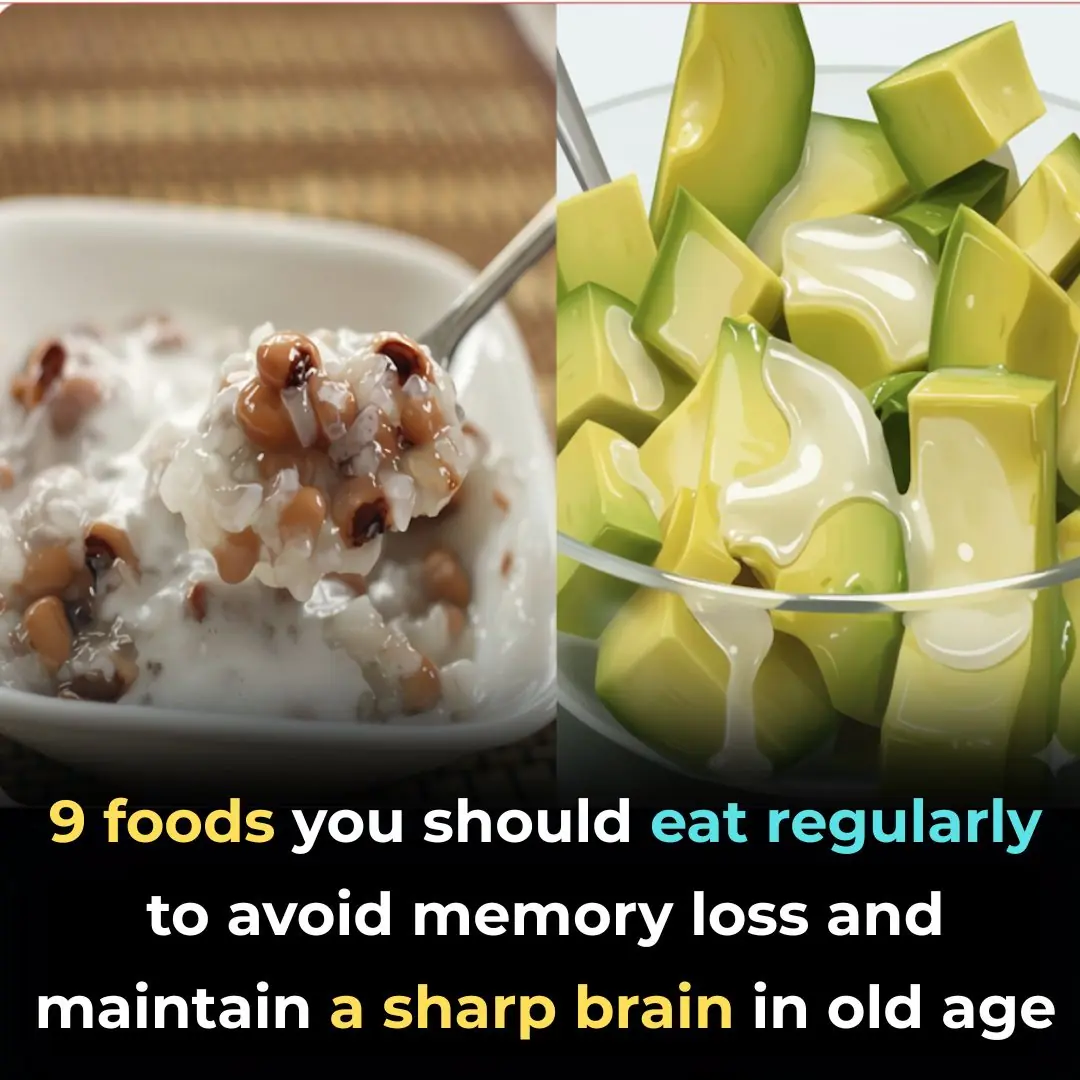
9 Foods You Should Eat Regularly to Prevent Memory Loss and Keep Your Brain Sharp as You Age

Is Your Kitchen Sink Often Clogged? Pour This In for Smooth Flow Without Calling a Plumber

Tips for self-defense when encountering ferocious or loose dogs.

Go to the market and see that pork has these 4 characteristics
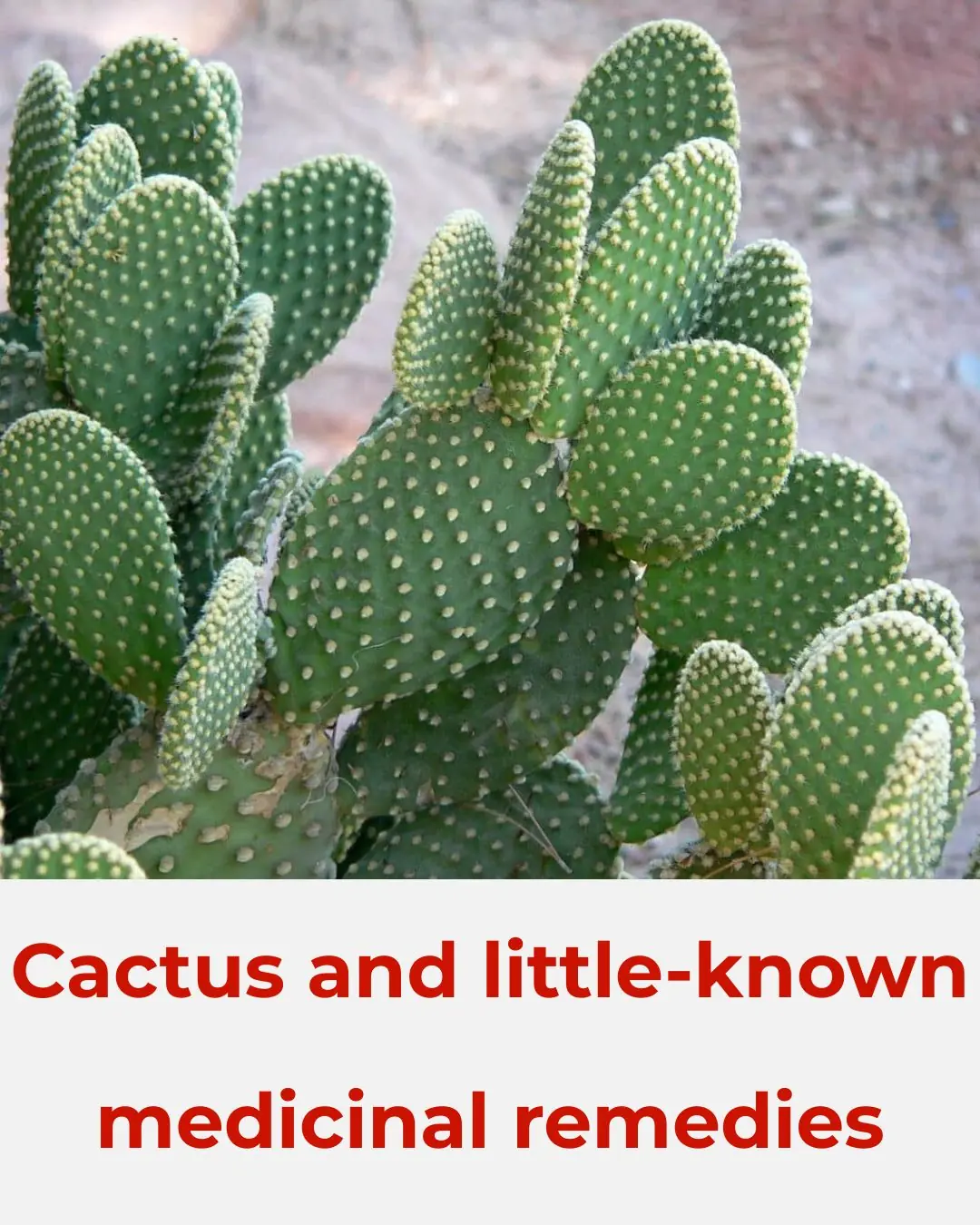
Cactus and little-known medicinal remedies

Put an empty plastic bottle in the washing machine, I admit the person who came up with this trick has a "top notch" IQ

Genius Laundry Hack: Why Putting an Empty Plastic Bottle in Your Washing Machine Can Save Time and Hassle
It may sound strange, but dropping a simple empty plastic bottle into your washing machine could completely change the way you do laundry. This clever trick not only prevents clothes from tangling but also improves the overall cleaning process, making you
News Post
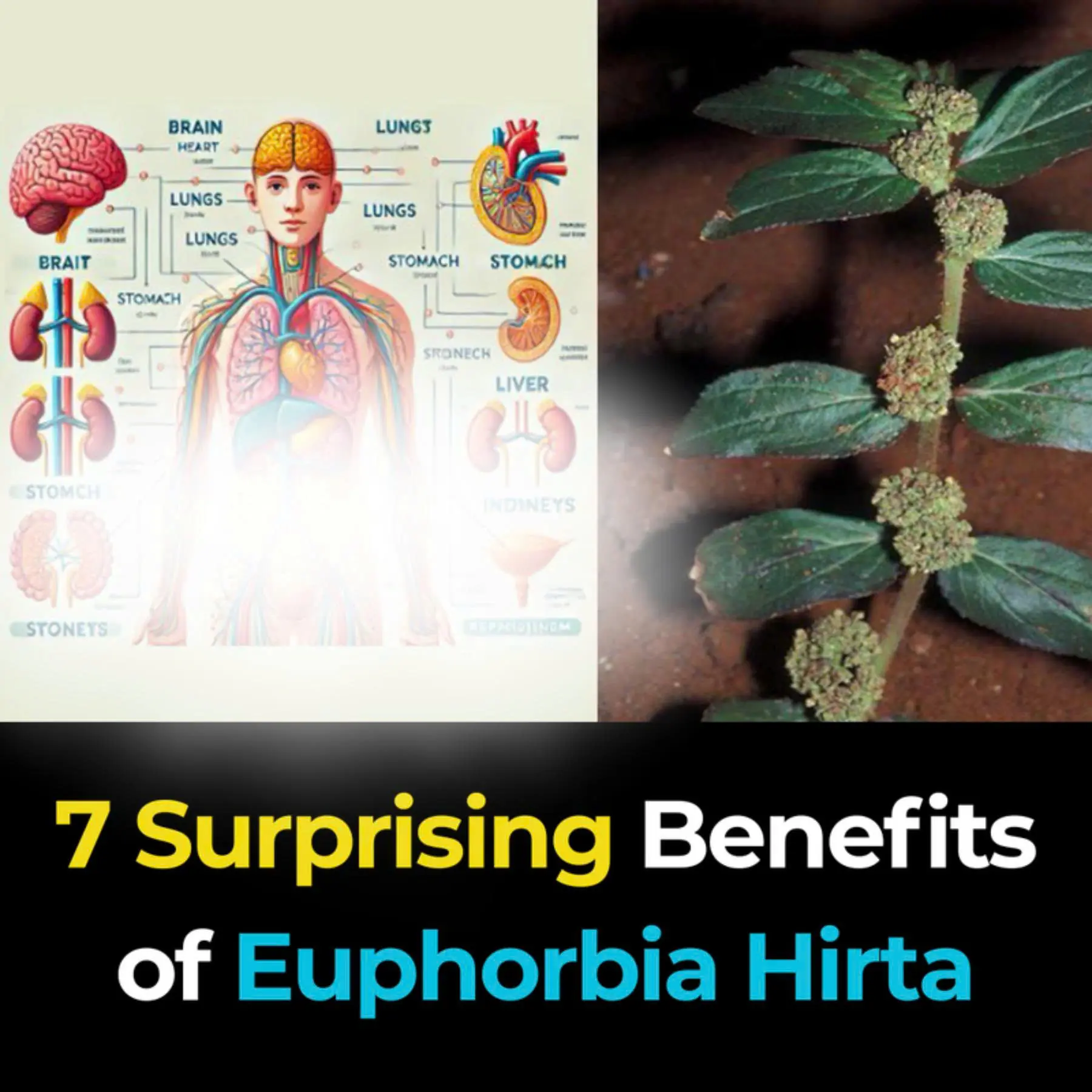
7 Surprising Benefits of Euphorbia Hirta

Purslane: The Superfood That Tastes Better Than Meat – 7 Reasons to Grow It in Your Garden

Breakthrough study shows lithium can ‘reverse’ Alzheimer’s damage even in advanced stages

13 Early Warning Signs of Lupus You Need to Know (And What To Do The Moment You See Them)
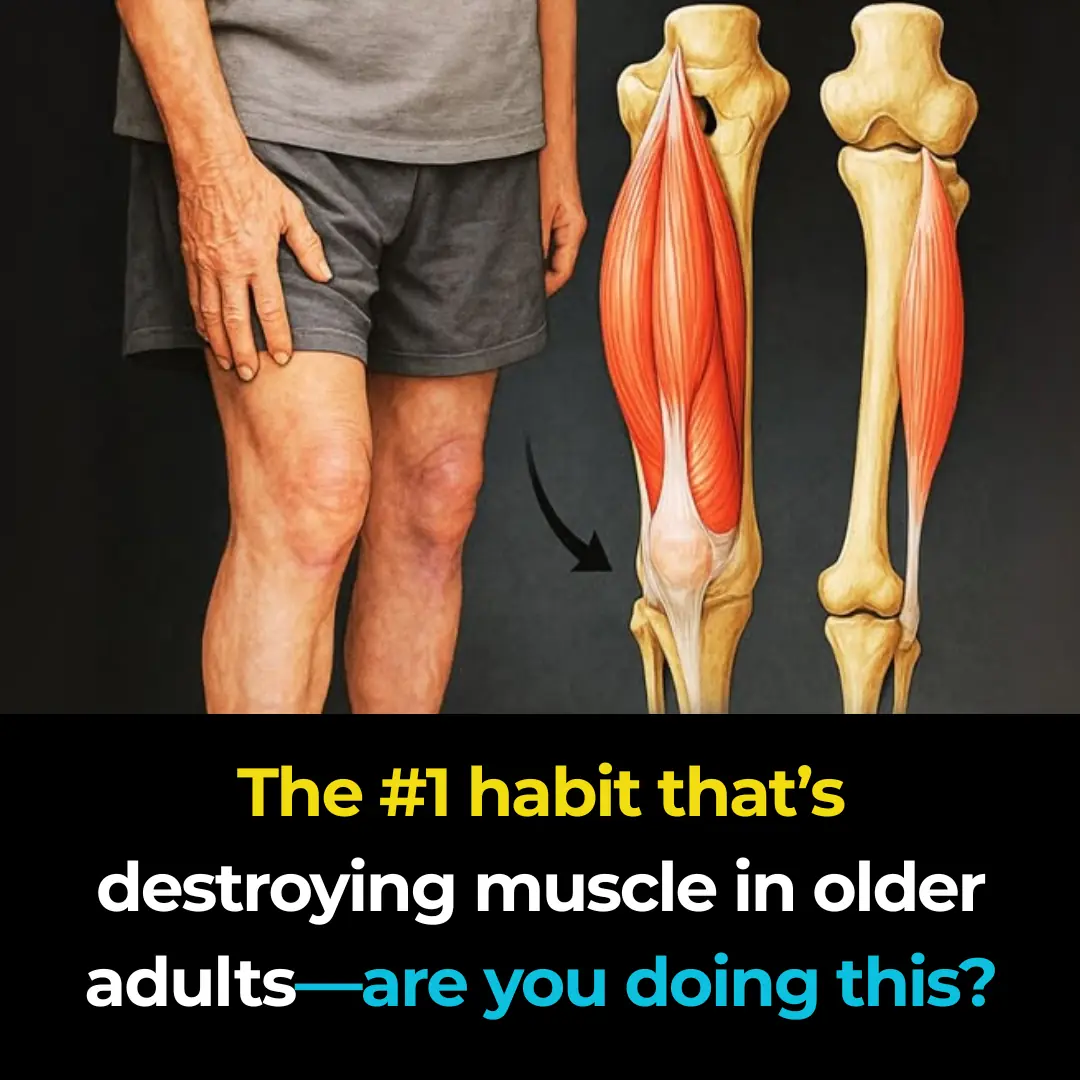
The #1 habit that’s destroying muscle in older a:dults—are you doing this?

2 quick and easy ways to wash yellowed pillow inserts, making them instantly white and fresh like new

When buying luffa, should you choose dark green or light green ones? Even after years of going to the market, many people still don’t know this

Insert this into a lemon and place it in the corner of your house — mosquitoes will be gone for good

Jar of sour star fruit soaked in rock sugar

There is a "hidden switch" on the water heater that you can turn on and use for more than 10 years and it will still be durable.

Soak fish in this water, the fish meat will be firm, sweet, well-rounded, and will no longer have a fishy smell

Misunderstandings turn water purifiers into disease hotbeds, get rid of them immediately or your whole family will be harmed

Mix banana peels with this and leave it in the corner of the house. After just 1 night, all the cockroaches will run away
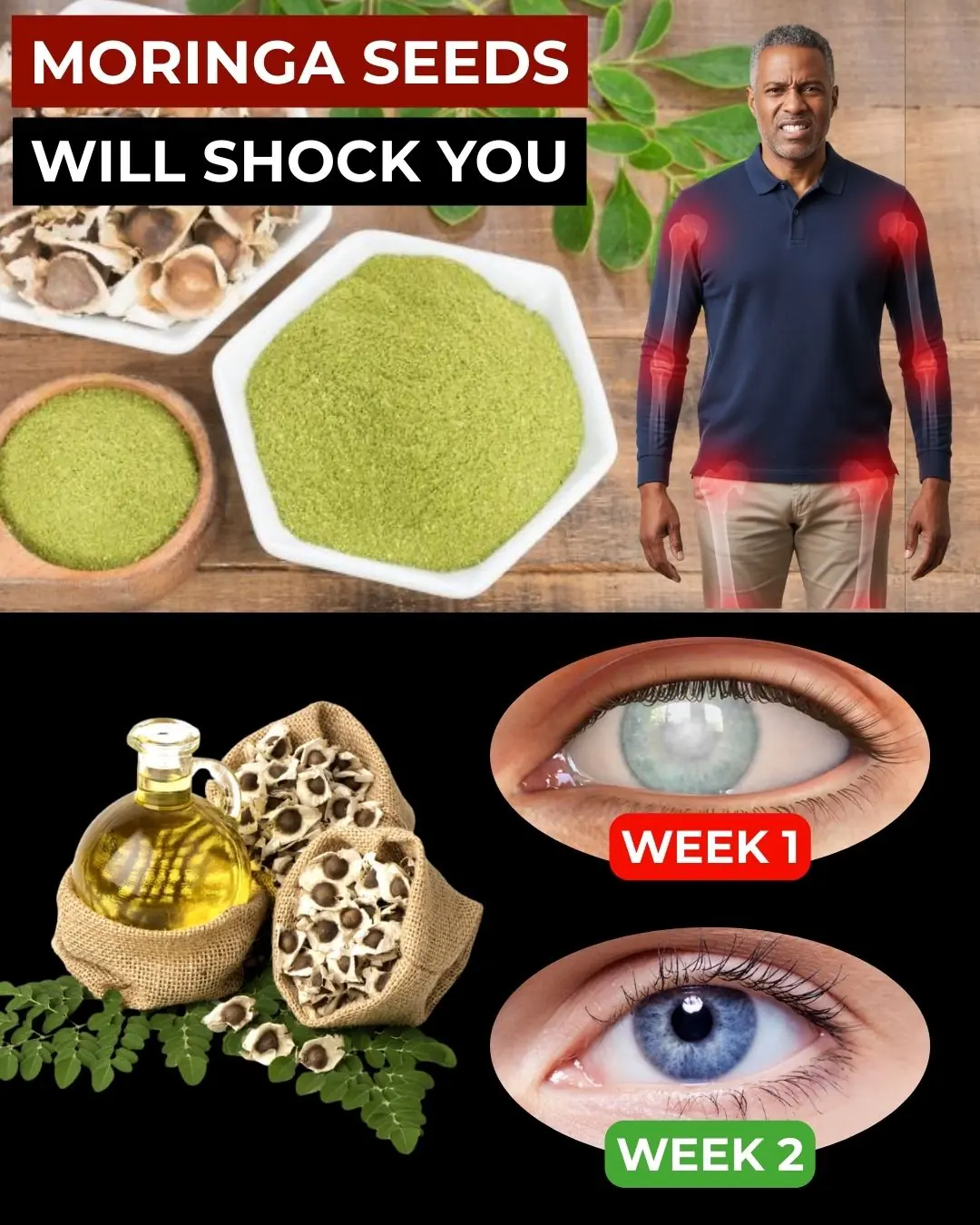
12 Moringa Seed Benefits You’ll Never Hear from Your Doctor (But You Should Know)

This is why you should never leave a water bottle in your car.

Supermarket staff reveal: 6 things never buy in supermarkets even on big sale
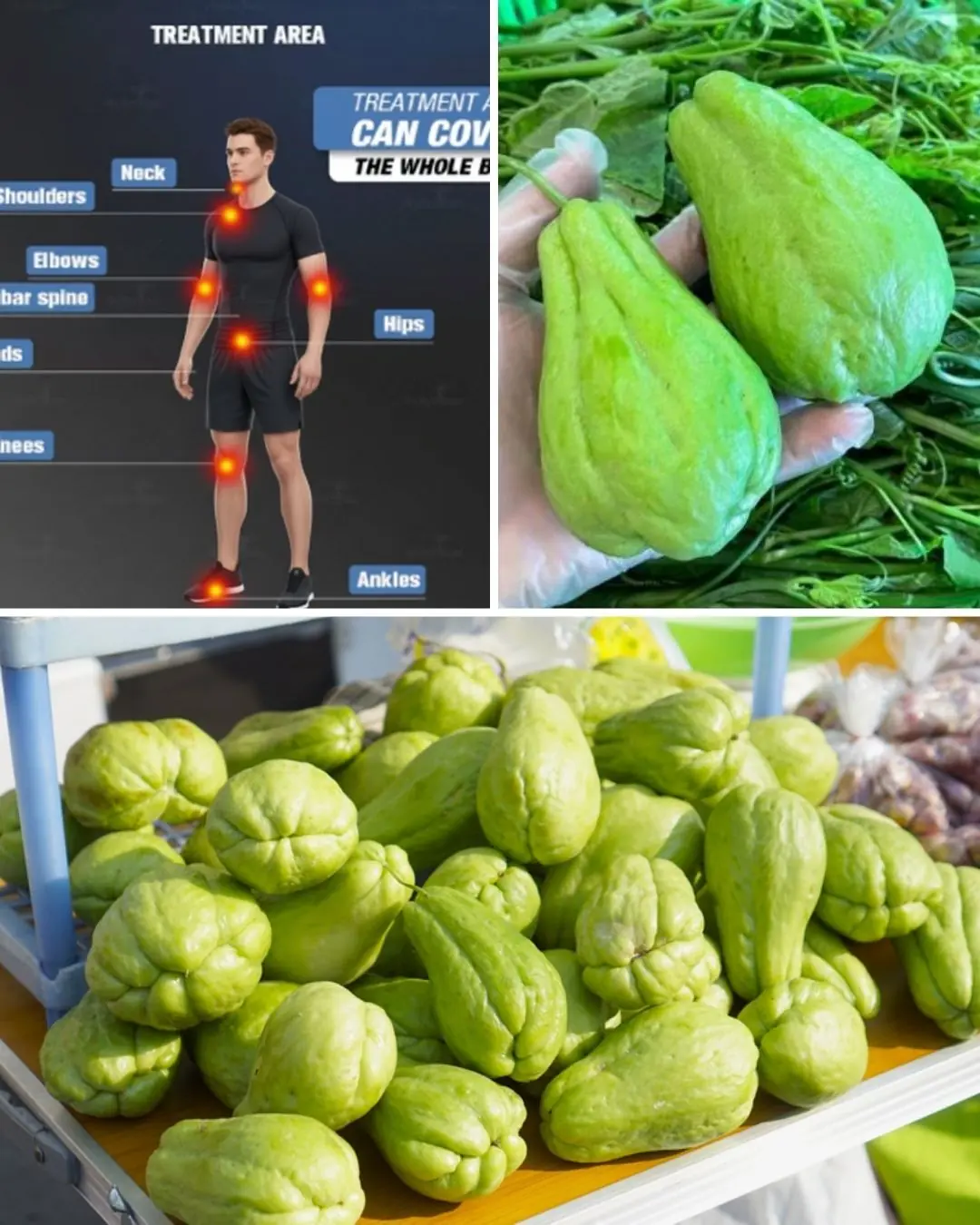
Ditch the Pills: Unlock Chayote’s Secret to Pain-Free, Vibrant Health! 🥗

7 types of food that won't spoil for a long time: It's still safe to eat after the expiration date, don't waste it
